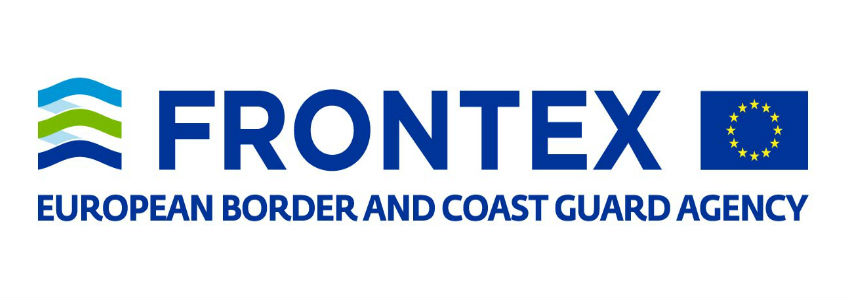
The eu-LISA is a European Agency for the operational management of large-scale systems in the area of freedom security and justice. The agency started its operations in December 2012.
Currently, it fulfills the operational management tasks for SIS II, VIS, and Eurodac. Its main job is to ensure that these systems work properly 24 hours a day, all year round. The eu-LISA agency will play a key role in the implementation of the ETIAS visa-free system.
The European Travel Information and Authorization System, ETIAS, is a system that was first proposed by the European Union to improve the security of the region. The European Parliament and European Council gave their final approval on the ETIAS regulations on October 9, 2018.
eu-LISA and ETIAS
The eu-LISA agency has the green light to develop the ETIAS system for its implementation in 2026.
The ETIAS visa waiver for Europe will grant travelers authorization to visit all member countries that make up the Schengen Zone without a visa. Citizens of over 50 countries are eligible to get the ETIAS to travel to the Schengen Area.
In order to obtain ETIAS, U.S. citizens will have to complete an ETIAS online application form with their personal details and passport information. Once the applicant has submitted the application, their data will be checked against several international security databases, which will be managed by eu-LISA.
The goal of ETIAS is to support the EU’s efforts to make the region a safer one. The eu-LISA will manage the ETIAS system similarly to how it has been managing other large-scale IT systems such as the SIS II, Eurodac, and VIS.
If an application sparks an alert, it will be revised manually to verify the identity of the traveler. In some cases, it is possible that the ETIAS system rejects an application. If this were to happen, the applicant will be notified and will have the opportunity to appeal.
Other Upcoming eu-LISA Projects
In addition to ETIAS, eu-LISA is also responsible for the development of the European Entry/Exit System (EES). A third-country national’s entry and exit will be electronically recorded in the Entry/Exit System, and the duration of their authorized stay will be calculated. As a result of the EES, member states will no longer be required to stamp the passports of persons from third-country countries.
Once both of these new Eu-Lisa systems are implemented, transportation carriers will be required to enter passenger data of both visa-required and visa-exempt travelers into a “carrier interface”. They will then receive confirmation of their EES/ETIAS status, which must be “OK” before they can allow the traveler to board transportation for Europe.
Current eu-LISA Tasks
The European Agency, eu-LISA, provides long-term solutions for the operational management of large-scale IT systems which are essential for immigration processes such as the implementation of asylum, border management, and migration policies of the EU. The agency’s headquarters are in Tallinn Estonia and its operations center is in Strasbourg, France.
Currently, eu-LISA manages Eurodac, the second-generation Schengen Information System (SIS II), and the Visa Information System (VIS). The SIS II database makes it possible to share information on criminal matters to support the coordinated investigation of crimes that do not respect national borders.
For its part, the VIS system ensures fair and safe processing of visa application processes and border entry travel procedures of foreign visitors to the EU. Finally, the Eurodac system allows for the monitoring of asylum applications from citizens who may need protection under EU values and norms.
The agency was established by Regulation Nr 1077/2011 of the European Parliament and of the Council. It was created within the ordinary legislative procedure, on the basis of a proposal from the European Commission.
Core Values of eu-LISA
The eu-LISA has core values that drive their activities:
- Accountability
- Transparency
- Excellence
- Continuity
- Teamwork
- Customer focus
Its core mission is to continuously add value to the EU Member States. Through its technology, the agency hopes to contribute to a safer Europe. To achieve its mission, the agency provides high-quality efficient services and solutions.


